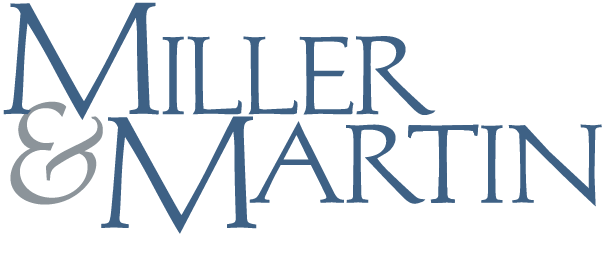COVID-19 and Contracts: Consider Your Scope of Work and Terms & Conditions
Miller & Martin PLLC Alerts | March 24, 2020
Authors: Meredith Lee | Scott Parrish
The COVID-19 pandemic is presenting the global economy with unprecedented challenges. Many American businesses have been imperiled by the pandemic, while others are having to rethink or restructure their operations to account for the public health crisis.
In particular, many businesses may need to reexamine their contractual relationships to determine how their rights and obligations are impacted by COVID-19. We have already written on the operation of Force Majeure clauses in contracts during the COVID-19 pandemic (click here for previous alert on Force Majeure provisions). Businesses may also need to consider the scopes of work they have contracted to perform and the terms and conditions that govern their performance. In light of the pandemic, contractual scope of work provisions may need to be more clearly defined, and terms and conditions may need to be revised.
Consider first the scope of work described in existing or prospective contracts. Make sure that scope of work is feasible in light of the COVID-19 pandemic. For example, a business in the sanitation industry or perhaps a landlord or building owner that provides cleaning services for its properties—depending on their capabilities and the services they offer—may need to clarify that they cannot guarantee the elimination of the SARS-CoV-2 virus (the virus that causes the COVID-19 disease) on equipment or in spaces. A strong disclaimer coupled with a clearly-defined scope of work can be an effective risk-management tool.
Second, consider your representations and warranties. Are they accurate and feasible in the wake of the pandemic?
Third, consider provisions that limit liability and waive consequential damages. These provisions help manage risk by defining your liability for damages that otherwise could be devastating. The enforceability of these provisions varies depending on the circumstances, and therefore these provisions must be carefully drafted and considered.
Finally, consider a third-party indemnification provision, according to which your contractual counterpart is obligated to defend against or compensate your business for damages incurred by third-party claims. Just as a limitation of liability and waiver of consequential damages provision can minimize your exposure to damages with respect to your contractual partner, an indemnification provision is a key means of limiting risk with respect to third parties.
Keep the foregoing considerations in mind when drafting contracts for the performance of work or services during the COVID-19 pandemic. With respect to existing contracts that are being reconsidered in light of the pandemic, consider whether the contract may be amended or modified to include the foregoing terms. Be careful to ensure that any amendment or modification is validly executed. To the extent your bargaining power is limited such that, for example, agreement to third-party indemnification is unlikely, a clearly defined scope of work and disclaimer that addresses COVID-19 may be easier to negotiate and may provide your business with meaningful protection.
Best of luck to you and your business during this extraordinarily challenging time. Contact your Miller & Martin attorney to discuss next steps related to your contracts in light of COVID-19 considerations.
For more information about the ongoing developments related to the COVID-19 pandemic, please visit Miller & Martin's Coronavirus Resources.

